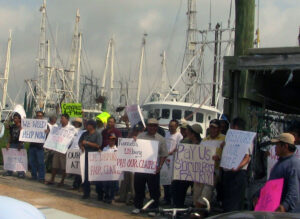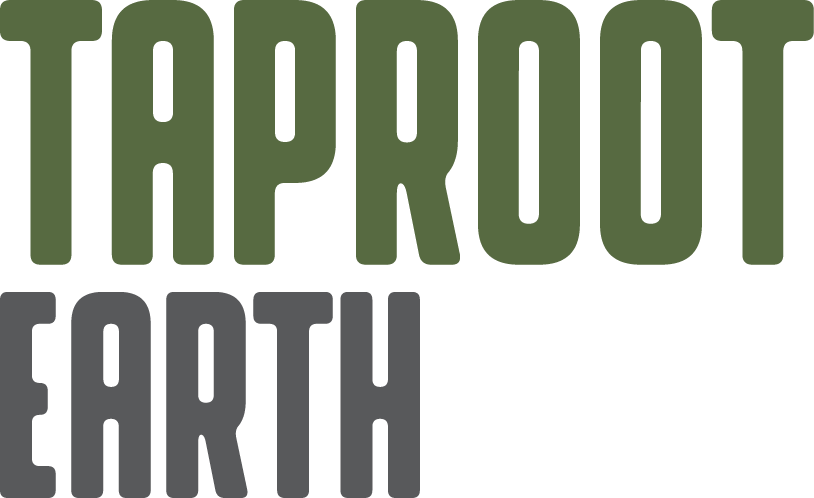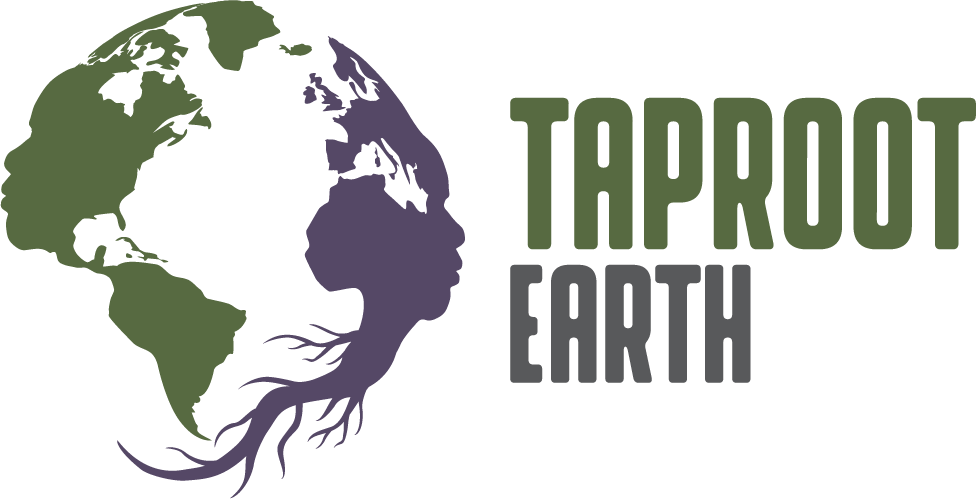 Thirteen years ago, an explosion on the Deepwater Horizon oil rig killed 11 crew members and injured 17 more, and led to the worst offshore oil drilling disaster in history. Millions of gallons of oil poured into the Gulf of Mexico, killing wildlife, closing fishing grounds — including areas that had just reopened after years of closures following Hurricane Katrina — and irreparably damaging coastal communities’ health and way of life.
Thirteen years ago, an explosion on the Deepwater Horizon oil rig killed 11 crew members and injured 17 more, and led to the worst offshore oil drilling disaster in history. Millions of gallons of oil poured into the Gulf of Mexico, killing wildlife, closing fishing grounds — including areas that had just reopened after years of closures following Hurricane Katrina — and irreparably damaging coastal communities’ health and way of life.
Attorneys jumped in to advocate for government action and corporate accountability. They represented fisherfolk driven to bankruptcy. They filed claims for unemployment, physical damage, economic harm and workers’ compensation.
They collaborated across the Gulf South states to facilitate access to resources for affected communities. And they secured a record-setting $20.8 billion settlement.
Yet the price paid by BP PLC is trivial compared to the price paid by those whose lives were disrupted by the oil drilling disaster — including Black, Indigenous and Southeast Asian coastal communities.
Ask BP and you’ll hear about 2022’s record profits, increasing shareholder dividends and this year’s record stock prices.
This pattern of injustice and inequity repeats time and again across the U.S. The framework of a just transition asks us to shift how we distribute power and resources for our economy, our democracy, this land and the peoples living upon it. That’s where just transition lawyering comes in.
Just transition lawyering calls us to support communities on the front lines of the climate crisis, pairing strategies to stop the bad with solutions that build the new. Just transition lawyering calls us to listen to the expertise of communities and movements marginalized from decisions that have shaped their health, welfare and well-being over generations.
Read the full article published in Law360.
Amy Laura Cahn is the legal director at Taproot Earth, and the lead organizer of the Just Transition Lawyering Network.


